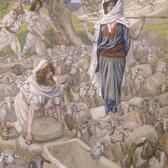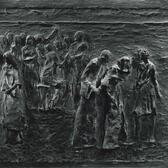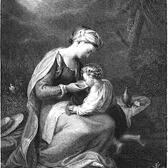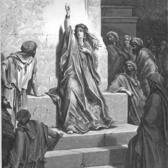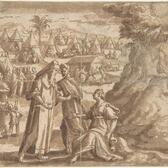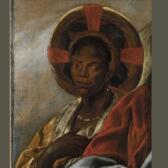Tikva Frymer-Kensky
Tikva Frymer-Kensky (1943–2006), a professor of Hebrew Bible and the History of Judaism in the Divinity School at the University of Chicago, also taught in the Law School and the Committees on the Ancient Mediterranean World and Jewish Studies. She held an M.A. and Ph.D. from Yale University. Her areas of specialization included Assyriology and Sumerology, biblical studies, Jewish studies and women and religion. Her books include Reading the Women of the Bible, which received a Koret Jewish Book Award in 2002 and a National Jewish Book Award in 2003; In the Wake of the Goddesses: Women, Culture and the Biblical Transformation of Pagan Myth; and Motherprayer: The Pregnant Woman’s Spiritual Companion. She was also the English translator of From Jerusalem to the Edge of Heaven by Ari Elon. At the time of her death in 2006 she was working on a commentary on Ruth and a book on biblical theology.


